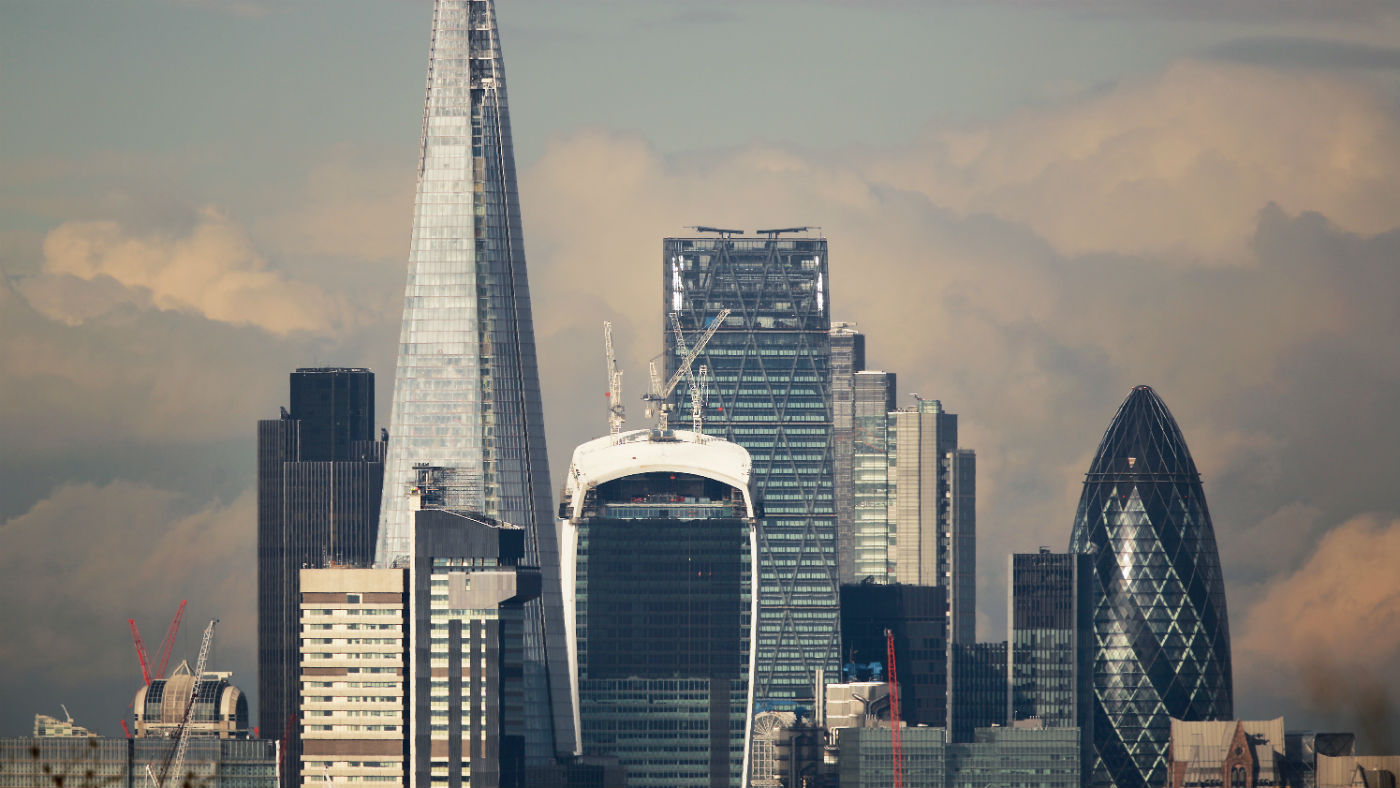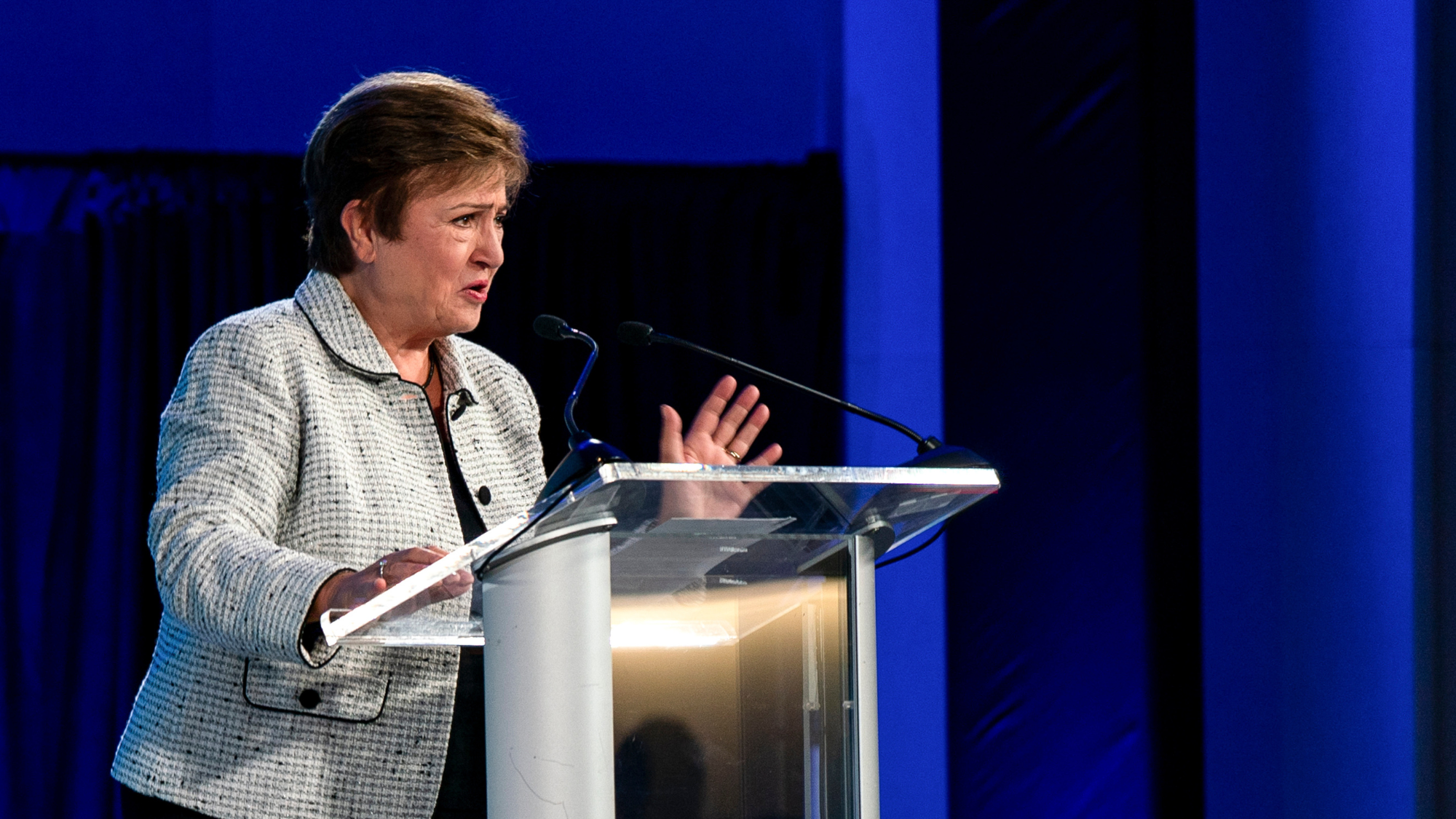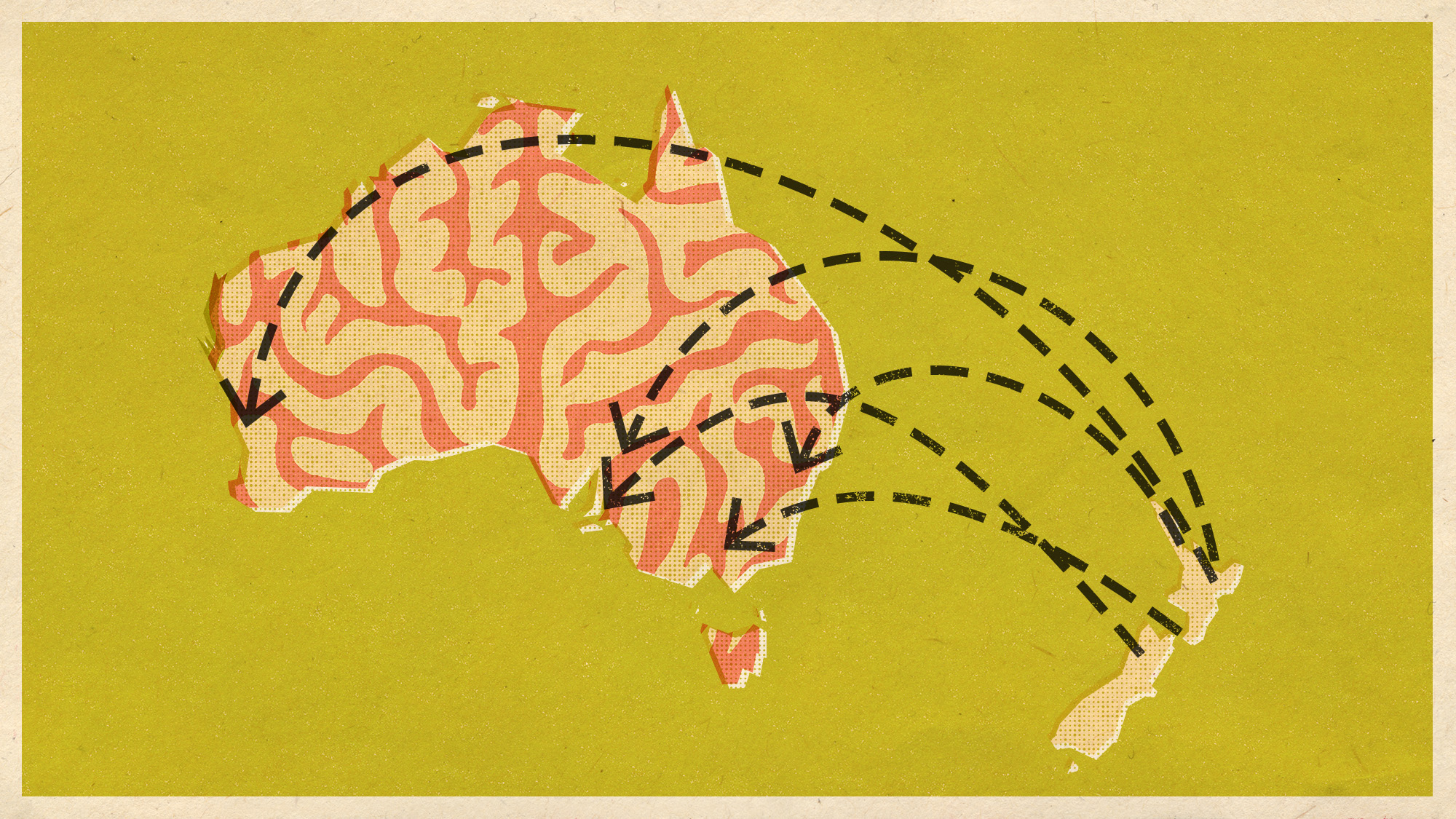The best and worst places in the world to do business
China advances while UK falls to ninth place in the latest World Bank ease of business ranking

A free daily email with the biggest news stories of the day – and the best features from TheWeek.com
You are now subscribed
Your newsletter sign-up was successful
New Zealand has once again nabbed the top spot in a World Bank report on the ease of doing business around the world.
After being overtaken by Georgia and Norway, the UK is the ninth easiest country in the world to do business, falling from seventh place last year. The US also fell two spots, dropping to eighth this year.
For the third consecutive year, New Zealand, Singapore and Denmark occupied the top three positions, while Somalia again came bottom of the rankings.
The Week
Escape your echo chamber. Get the facts behind the news, plus analysis from multiple perspectives.

Sign up for The Week's Free Newsletters
From our morning news briefing to a weekly Good News Newsletter, get the best of The Week delivered directly to your inbox.
From our morning news briefing to a weekly Good News Newsletter, get the best of The Week delivered directly to your inbox.
The annual World Bank study examines the red tape that affects small and medium-sized enterprises across several areas, including opening and registering a business, paying taxes, and trading across borders.
The rankings are “closely watched” by businesses and policy makers around the world, with countries frequently orienting their domestic reforms around attempts to raise their position, says the Wall Street Journal.
The three most improved countries this year were Djibouti, Afghanistan and China, with Beijing in particular making significant efforts to cut regulation in the last year.
It has been a “remarkable” year for China in terms of regulatory reform, Rita Ramalho, senior manager from the World Bank’s global indicators group, told the Financial Times. “Normally they do one to two reforms, this year they have seven areas of reform,” she said. “The intensity has increased significantly.”
A free daily email with the biggest news stories of the day – and the best features from TheWeek.com
Shanta Devarajan, acting chief economist at the World Bank, said the diversity among the top improvers “shows that economies of all sizes and income levels, and even those in conflict” can advance the business climate for domestic small and medium enterprises.
Despite being highly regarded by businesses and governments around the world, the rankings have faced criticism from aid agencies who argue that they reward countries with high levels of inequality.
The bank’s former chief economist Paul Romer has expressed concern that repeated changes to the methodology of the report “had allowed World Bank staff to unfairly push some countries higher or lower in the rankings, even when their business environments hadn’t changed,” the WSJ says.
The newspaper adds: “An external audit found the report hadn’t been manipulated for political purposes, but the World Bank took some of the criticisms to heart: There were no changes to the report’s methodology this year, and the bank has committed to making updates to its methodology only once every five year.”
The top ten:
- New Zealand (top)
- Singapore
- Denmark
- Hong Kong
- South Korea
- Georgia
- Norway
- US
- UK
- Macedonia
The bottom ten:
- Somalia (bottom)
- Eritrea
- Venezuela
- Yemen
- Libya
- South Sudan
- Democratic Republic of the Congo
- Central African Republic
- Haiti
- Chad
-
 Bad Bunny’s Super Bowl: A win for unity
Bad Bunny’s Super Bowl: A win for unityFeature The global superstar's halftime show was a celebration for everyone to enjoy
-
 Book reviews: ‘Bonfire of the Murdochs’ and ‘The Typewriter and the Guillotine’
Book reviews: ‘Bonfire of the Murdochs’ and ‘The Typewriter and the Guillotine’Feature New insights into the Murdoch family’s turmoil and a renowned journalist’s time in pre-World War II Paris
-
 Witkoff and Kushner tackle Ukraine, Iran in Geneva
Witkoff and Kushner tackle Ukraine, Iran in GenevaSpeed Read Steve Witkoff and Jared Kushner held negotiations aimed at securing a nuclear deal with Iran and an end to Russia’s war in Ukraine
-
 The World Bank and the IMF: still fit for purpose?
The World Bank and the IMF: still fit for purpose?In the Spotlight Washington meeting has renewed focus on whether 80-year-old Bretton Woods 'twin' institutions are able to tackle the challenges of the future
-
 'Brain drain' fear as record numbers leave New Zealand
'Brain drain' fear as record numbers leave New ZealandUnder The Radar Neighbouring Australia is luring young workers with prospect of better jobs
-
 Labour shortages: the ‘most urgent problem’ facing the UK economy right now
Labour shortages: the ‘most urgent problem’ facing the UK economy right nowSpeed Read Britain is currently in the grip of an ‘employment crisis’
-
 Will the energy war hurt Europe more than Russia?
Will the energy war hurt Europe more than Russia?Speed Read European Commission proposes a total ban on Russian oil
-
 Will Elon Musk manage to take over Twitter?
Will Elon Musk manage to take over Twitter?Speed Read The world’s richest man has launched a hostile takeover bid worth $43bn
-
 Shoppers urged not to buy into dodgy Black Friday deals
Shoppers urged not to buy into dodgy Black Friday dealsSpeed Read Consumer watchdog says better prices can be had on most of the so-called bargain offers
-
 Ryanair: readying for departure from London
Ryanair: readying for departure from LondonSpeed Read Plans to delist Ryanair from the London Stock Exchange could spell ‘another blow’ to the ‘dwindling’ London market
-
 Out of fashion: Asos ‘curse’ has struck again
Out of fashion: Asos ‘curse’ has struck againSpeed Read Share price tumbles following the departure of CEO Nick Beighton